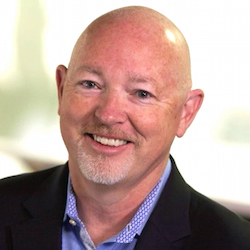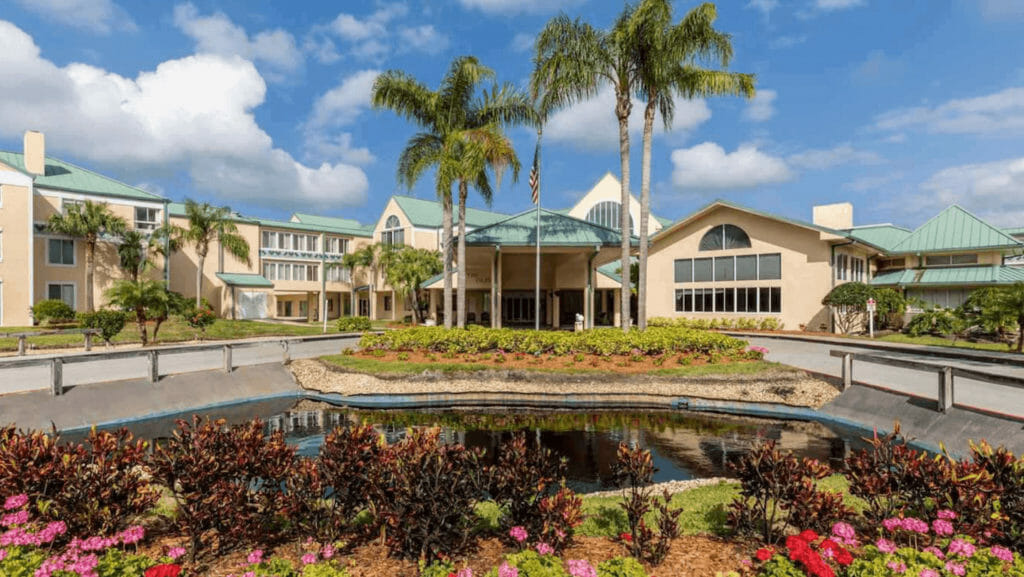
With the opioid epidemic reaching new heights across our nation, everyone is becoming aware of the insidious and varied forms that illegal drug abuse can take.
For those working in aging services, we’ve been trained to look for signs of prescription drug abuse by those we care for and their families. Certainly, theft of prescription drugs remains a real and present danger. Yet increasingly, we’re seeing baby boomers and older adults who are becoming addicted to drugs and alcohol later in life.
It is a refrain that we hear all too often: “This isn’t an issue in my community.” Certainly, no one wants to believe that it is. Yet, we continue to see reports of drug use causing major issues in senior living communities. In February, for instance, police in Lancaster County, PA, arrested two residents of a retirement community for being under the influence of heroin! Hard drugs have a way of finding the most vulnerable and taking advantage of them, and our residents are not immune.
Let’s think about this objectively for a moment. Life plan communities currently are serving individuals in their early 60s all the way up to centenarians. The older individuals in that spectrum are of a generation that still demonizes drug use and places an intense social stigma on people who engage in drug-related activities.
On the other end, we have the incoming boomer generation, the oldest members of which experienced the free-love culture of the 1960s and the widespread use of drugs during their younger years. Although they may still have negative views about drug use, the reality is that a majority of the oldest boomers have firsthand experiences with illegal drugs that may soften their views.
We already are seeing this trend play out in scientific studies. The 2015 National Survey on Drug Use and Health notes that, since 2006, regular marijuana use has increased significantly in adults aged 50 and up. The survey estimates that more than 8% of the adult population over the age of 50 is engaging in marijuana use — and that number surely will continue to grow with the current trend of legalization sweeping the United States. Marijuana, however, isn’t the only concerning substance.
The Drug and Alcohol Dependence journal took a decade-long look at the use of alcohol by older adults. The study found that 63% of participants had partaken of an alcoholic beverage in the past month. Although this finding isn’t necessarily a negative, an underlying issue is cause for concern: Of those interviewed, almost 13% had engaged in binge drinking — having five or more drinks in a single session — during the past month. As aging services communities add bars and pubs to their offerings, there needs to be an increasing awareness of the signs of alcohol abuse in older adults so that we can protect those we serve.
Substance abuse of any kind is dangerous at any age, but older adults face some specific challenges from intoxication that younger individuals don’t. First, almost everyone has stumbled or swayed after enjoying one too many drinks. Where once this was a laughing matter, for older adults, it could be quite serious. A drunken stumble at age 70 can cause serious injury!
Of course, beyond the ramifications for personal health, one also must be concerned with the legal ramifications. From possible DUIs to drug-related arrests, the pitfalls for those engaging in substance use are broad. No one wants to see a beloved grandmother arrested and locked up for a substance abuse problem.
As aging services providers, it is our duty to help manage and mitigate these risks. From having a defined alcohol service policy to discussing the use of medical (and potentially recreational) drugs among residents, it is smart to have the conversations now — before an incident happens — than after a crisis. Talk to your residents about drug use, and don’t be afraid to offer some education for your team members and resident families.
“An ounce of prevention is worth a pound of cure” has never been truer.
Wayne Langley is president of senior marketing group Varsity. In his 30-year career in the senior housing field, he has applied his operational expertise to delivering reliable solutions that meet the evolving needs of mature market-focused organizations. Langley focuses on the operational aspects of clients, giving particular attention to ensuring that the brand promise is being delivered to constituents in each and every interaction and at each service delivery point. Langley earned his undergraduate degree in psychology, with a focus on organizational psychology, from MidAmerica Nazarene University.




